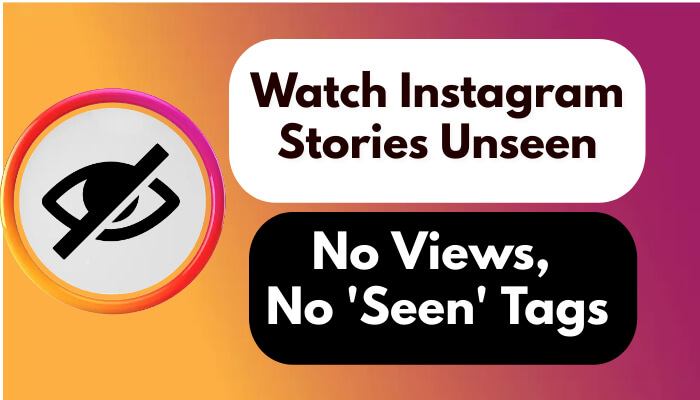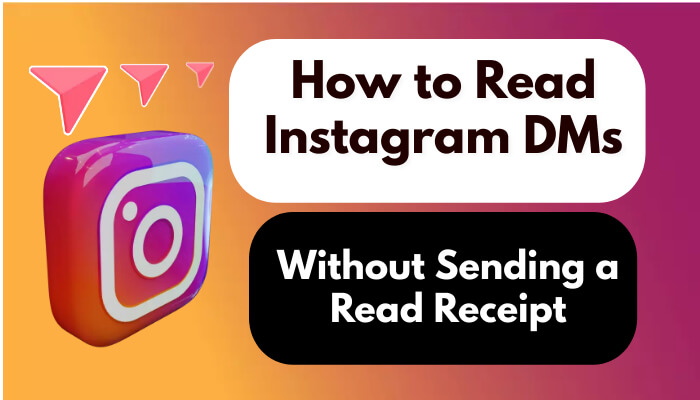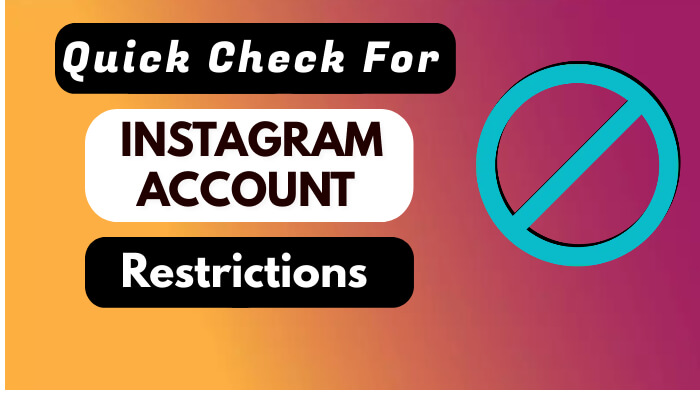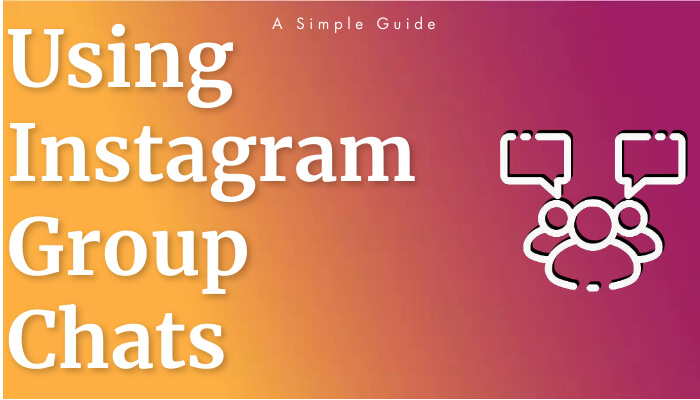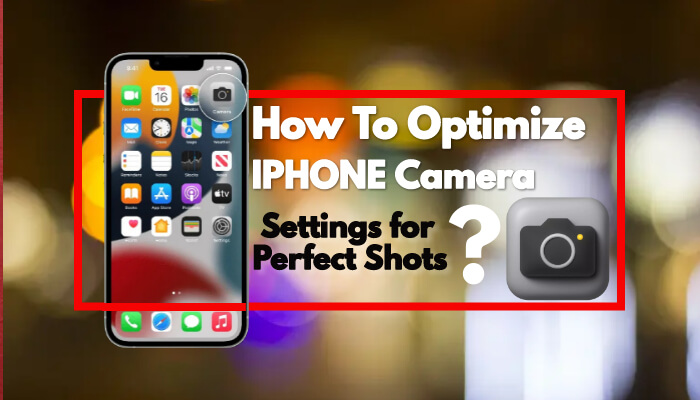
Google announced today via a press release that they expand the Google Pay-Per-Action beta program to include beta testers around the world. As of today are willing advertisers and publishers outside the United States able to participate and apply for a beta account. Quote:
“Starting today, advertisers in the beta will see an alert in their AdWords account informing them that they can now create pay-per-action campaigns. Going forward, advertisers who have enabled AdWords conversion tracking and received more than 500 conversions from their CPC and CPM-based campaigns in the past 30 days will be automatically added to the beta on a rolling basis.”
Google announced the Pay-Per-Action beta in March this year. Pay-Per-Action (also known as CPA) is classic affiliate marketing and nothing new. As so much other things was the Google PPA program seen as the affiliate-marketing killer.
Although the vast majority of programs in affiliate marketing use PPS (pay per sale) / CPS (cost per sale) (81%)*, also known as revenue share, as compensation method versus PPA (pay per action) / CPA (cost per action/acquisition) (19%)*, is the pay per action / CPA old school affiliate or performance marketing.
* Source: AffStat Report 2007
Google is also no stranger to CPA and have CPA referrer programs for some of their commercial services made available to AdSense publishers a long time ago. I wrote a primer for the Google referral programs back in April, if you are interested in this subject.
The Beta for the PPA service, which allows advertisers to run ads via AdWords on a cost per action basis, was not the source for big news over the past months. I only heard a few comments here and there, which were mixed, but more towards the negative side.
The results seem to be less spectacular than advertisers hoped. I am not overly surprised, since this performance marketing is a tricky thing. It sounds easier and straightforward than it is in reality. There was a lot of talk about Performics the SEM/SEO Company in the search marketing space, when Google announced the agreement with DoubleClick to acquire the company for 3.1 billion dollars, which is still not certain, if it will go through or not.
Performics is a DoubleClick company and happens to be one of the largest affiliate networks in the United States, next to Commission Junction/BeFree, Linkshare, ShareASale and ClickBank. This is a significant fact, which is rarely mentioned outside the affiliate marketing space.
It could become an important asset for Google to get their PPA service of the ground and make it work right and to become a viable option next to the classic compensation models involving Pay-Per-Click (CPC) and Pay Per Impression (CPM/Cost per mil).
Google has the potential to leverage all the benefits of CPA and to overcome the current issues CPA offers in traditional affiliate marketing have. Although fraud is also with CPA not being eliminated in it is entirely, so is it certainly much harder to commit fraud using CPA than it is to commit click-fraud. It is also much better manageable and can be reduced to a marginal amount via lead evaluation and fraud detection services that get better and better in finding and eliminating bogus sign-ups and other fraudulent lead based offers.
The benefits of CPA or also revenue for the advertiser are obvious. The advertiser has only to pay anything, if the user took a desired action. A publisher can cause 1000 legit or fraudulent clicks and does not see a dime in return for it and the advertiser has to pay nothing, unless the clicks and the traffic that is a result from it, does convert.
This changes the game a lot, because the publisher is not off the hook and being paid, once a visitor was referred to the advertiser’s site. The publisher is now also interested in delivering targeted and well converting traffic, because he has a stake in the game and depending on how well he is doing his job, being paid in return. That is also the catch 22, because some publishers try to go the easy route and go for the low hanging fruits, if the advertiser is not watching. Cookie cutters, typo-squatters, etc. are only a few of the things advertisers have to keep on alert for. Some publishers also might go into territories to try to market a product, where advertisers rather not want their brand become associated.
Here is where Google can leverage their strength.
A content publisher’s to-do list to market his site includes today following tasks:
Finding offers Maintaining links / banners, create and more importantly update links Track performance and replace different related advertiser offers to get the most out of the advertisingThis is time consuming and tedious work and not necessarily something where the publisher is particular good at, because it is not what he does (or should do and worry about). His job is to produce quality content that attracts people that can be advertised to with quality and targeted offers.
Similar to classic CPC AdSense could Google make the live of the publisher a lot easier. Because of the nature of the game, is it necessary that the publisher is being given certain control over the what and how that is being advertised. To treat it like classic AdSense would be too less and it would become only another DoubleClick or ValueClick clone, not using the full potential of pay per performance marketing.
Pay per performance marketing has the build in drive to explore new frontiers, something traditional display advertising does not do.
If Google would come up and fine-tune a system, that gives some control to the advertiser and publisher, but allows the automation of the tedious and labor-intensive repetitive parts, they probably have a winner. Exactly this is a job where Performics insight and experience would be invaluable.
It would not be something for all publishers though. Affiliate sites that could benefit from it are:
Content and niche sites, including product review sites Blogs and RSS Feeds Personal websites that are a special kind of content sitesAffiliate sites that would not be affected by this are:
Coupon and rebate Sites Comparison Shopping Sites Directories Loyalty Sites (offering Incentives/rewards like points, cash-back, charitable donations) Search affiliates Email list affiliatesAn attempt to create something like this was done a couple years back already.
It was called CJ Evolution and the year was 2004. The initial results and ideas sounded very promising, but the project did not go anywhere and was never heart of again for reasons not known to me. It could have been the technical challenge and not surprise me, if that has been the reason for the quiet death of the project. CJ did virtually not do any technological progress since 2002. Their web services project made little to no progress since 2003 and is still in its infancy. Yes, you heard right, web services, also known as API or programmable interface. Considering the failure to produce anything usable in this regards, would make the CJ Evolution project look like science fiction.
Here is a quote from a news article.
“One well-established benefit of online marketing is that you can narrowly target your audience. With CJ Evolution, we’re introducing another significant benefit: Now you can reach buyers wherever they are, not just where you thought they would be. Ads that rotate through our new network will automatically get greater play on the Web sites where customers are showing the greatest response. Since advertisers only pay for successful responses, it’s a no-risk proposition for locating previously undiscovered customers in unexpected places,” said Jeff Pullen, general manager of Commission Junction.
In the CJ Evolution network of top-tier Web sites, ads receive placement where they perform best, complementing the reach attained through models such as contextual ad programs, affiliate marketing and search marketing. Advertiser participation in the CJ Evolution network requires no up-front fee. As a pay-for-performance solution, advertisers pay only for the results their ads generate and advertisers can put a cap on their ad spend. CJ Evolution allows advertisers the flexibility to increase or decrease their pay rates and run period quickly and easily. Each ad’s successful conversion is monitored, allowing advertisers to assess the status of their campaigns on a regular basis. There are no fees associated with making changes to a campaign.
An initial network of publishers has been established by Commission Junction, with plans to expand it in the coming months. Publishers commit available inventory to the network by pasting a few lines of HTML code into their site that enable CJ Evolution to dynamically serve the ads selected by its optimization technology. Because ads in the network effectively compete against one another for placement, publishers benefit from having the best performing ads on their Web sites, which translates into maximized revenue.”
Does this sound somehow familiar? Does this sound like something Google could actually make become a reality and make work and at the same time profitable for all involved parties?
We will see how the things will develop in the not so distant future. What are your thoughts to this subject?
Carsten Cumbrowski
is an internet marketer who is doing affiliate marketing since 2001. Resources for marketers are available for free at Cumbrowski.com.
